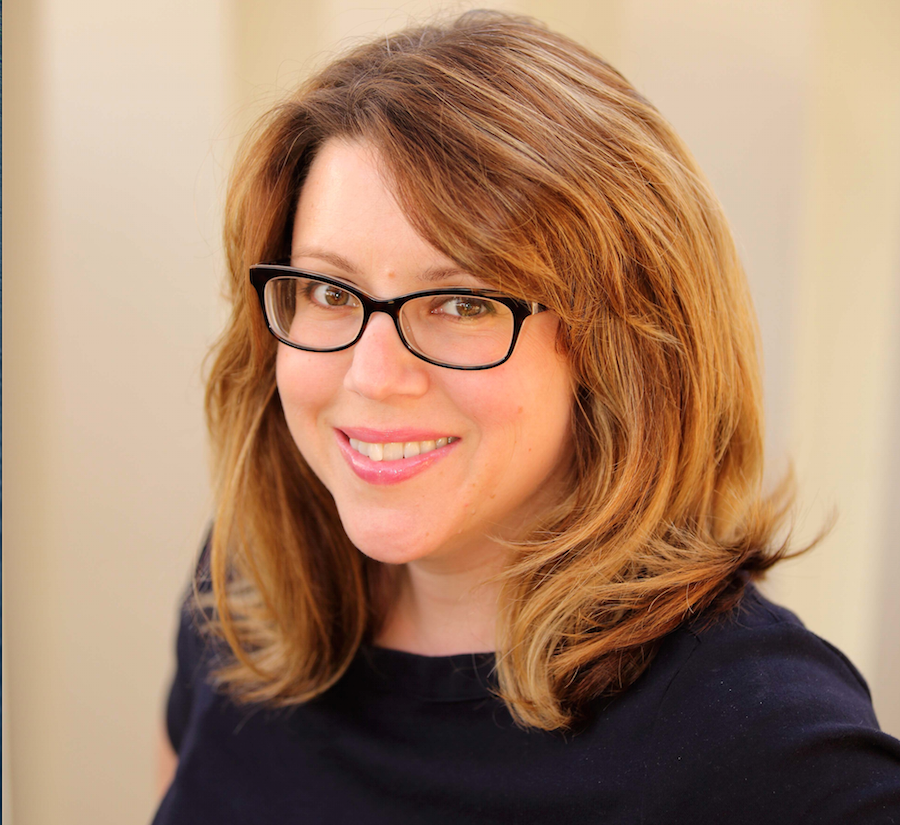This story focuses on the work of students in USC Annenberg's Specialized Journalism master's degree programs. To learn more about the programs, click here.
As journalism professor Diane Winston contemplated how and where to teach her students the relevance of religion and politics, she could think of no destination more significant, complicated and immediate than Israel and the West Bank.
After a nine-day trip there last month, the work of her 13 graduate students is now being picked up by the Huffington Post, the Global Post, KPCC online, The Salt Lake Tribune and Religion News Service. The work, which included print, radio and video pieces and blog posts, also was featured on USC Annenberg's Neon Tommy news source.
The class, Specialized Reporting 585: Religion, Politics and Gender, visited Jerusalem, Ramallah and Tel Aviv. Students met with activists, journalists and religious and political leaders. They toured settlements, refugee camps and universities.
“I wanted to take them to a place where religion makes a difference in people’s lives, and there is no place quite like Israel in terms of seeing the confluence of religion and politics and how it makes a difference – in everything from domestic Israeli issues, such as marriage and divorce, to the Israeli-Palestinian conflict,” said Winston, who holds the Knight Chair in Media and Religion at Annenberg.
Most of Winston’s students aren’t aiming to build a career as religion reporters. So she faces a challenge when it comes to illustrating how relevant religion is to being a journalist.
“I can’t imagine being a reporter in today’s world without knowing something about religion, but yet that’s a very hard sell,” Winston said. “I thought being exposed to a society where there was no church-state separation like there is here would open their minds.”
And watching Al Jazeera or reading Israeli newspapers doesn’t compare, she said, to visiting an Arab family in Hebron who live in a neighborhood now occupied by Jewish settlers. Seeing their family home, surrounded by a wire cage, made an impression, she said.
Student Evan Pondel dug up a story about gay Israeli couples who turn to the United States to arrange surrogate births. Pondel’s story, picked up last week by the Global Post, reported that “despite the country’s reputation as a world leader in reproductive technology, surrogacy is illegal for same-sex couples.”
Through a source Pondel met on the trip, he was able to find and interview an Israeli male couple who had twins 8 months ago via a surrogate mother in Texas.
“You learn so much in a classroom, but I think the most learning in journalism comes from being in the field and actually doing it,” said Pondel, a specialized journalism master's candidate.
“When you have a professor that’s providing guidance, and you’re actually in the field reporting, it’s the best of both worlds,” he said. “That’s why we’re in school – not just simply to be in a classroom but to experience what you’re studying firsthand and then write about it.”
Winston paid for the trip with funds from her endowed chair along with money granted by Annenberg Dean Ernest J. Wilson III. She’s trying now to raise more money to pay for a second tour next year.
She said she’s never had a teaching experience more rewarding.
“We were sitting on the bus, traveling from Jerusalem to Ramallah – and instead of talking about movies and sports, the students were debating occupation and resettlement,” Winston said. “I was just sitting there thinking, ‘This is what it’s all about. Having students who are so grabbed by the issues that they want to talk about them all the time.’”







